Professional Periodontics With a Gentle Approach
Peace of Mind for a Healthy Foundation That Lasts
Gum disease might not be as well known as tooth decay, but it’s no less devastating. Not only is it the most common cause of tooth loss, but it also has the potential to contribute to heart disease, diabetes, stroke, and other systemic illnesses. What’s worse is that more than half of all adults in the United States are suffering from this disease right now, and many of them don’t even realize it! Whether you’re suffering from an early form of gum disease or a much more advanced infection, Dr. Diercks and Dr. Karamardian are here to help you save your smile.
Get Care for Your Gums
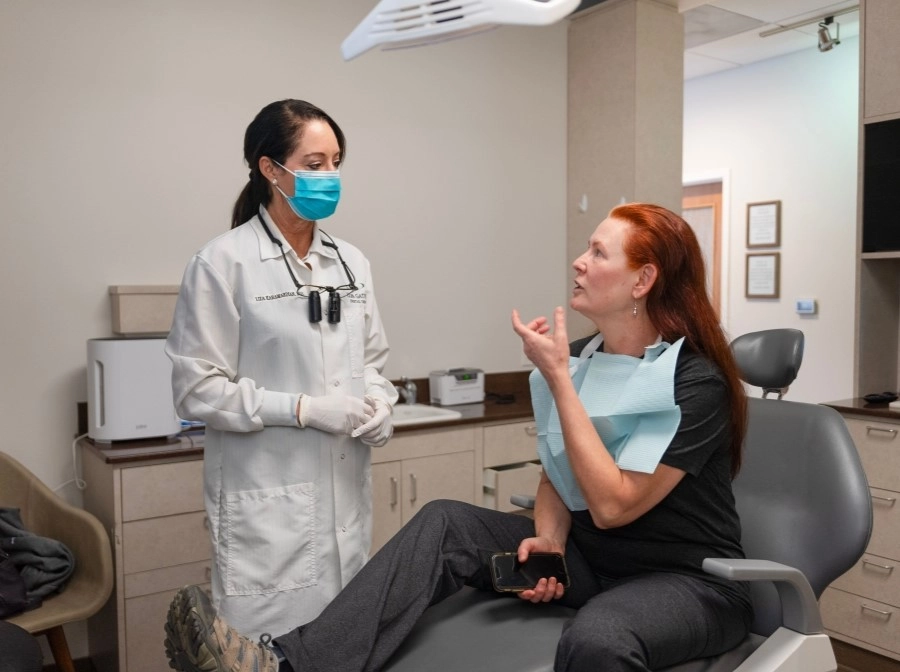
Why Choose Los Gatos Dental Group for Periodontal Treatment?
- Advanced, Effective Laser Therapy
- Great Care for Anxious or Fearful Patients
- Incredible Knowledgeable Dentists
Understanding Gum Disease
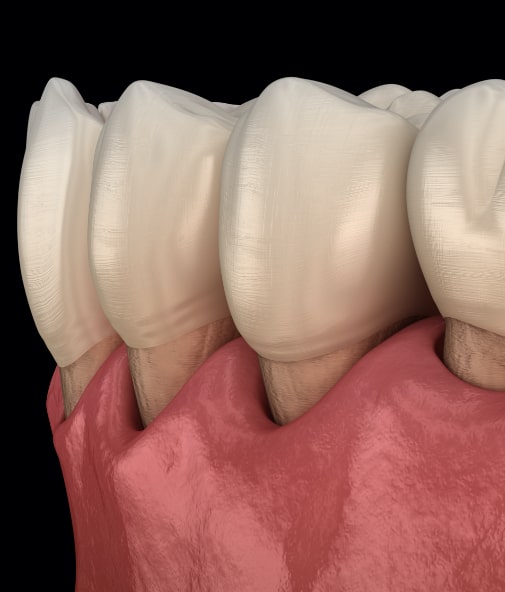
When the inflammation from bacteria damages the gums and underlying bone in your mouth, you will start to suffer from gum disease. If left untreated, your gums and bone will start to break down causing your teeth to loosen and eventually fall out.
Gum disease occurs in stages. The earliest stage is called gingivitis, and it can actually be reversed fairly easily with regular dental cleanings as well as improved oral hygiene habits at home. However, if gingivitis is ignored or isn’t treated properly, it can eventually turn into periodontitis; it can’t be cured at that point, but it can be treated so as to minimize the chances of tooth loss occurring.
The Signs of Gum Disease
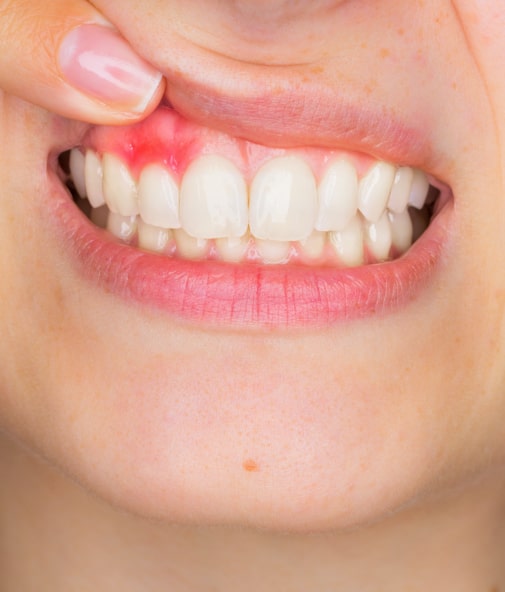
You may not notice the symptoms of gum disease at first; you probably won’t even feel pain. That said, there are several warning signs that can tell you that there’s a problem with your gums. For example, you might notice that your mouth tends to bleed frequently, especially when you brush or floss. You may also notice a persistent bad taste in your mouth, which is often linked to an infection. Of course, you should also keep an eye on the gums themselves to see if they become swollen, red, or tender. In more advanced cases, the gums might start to recede, leaving your teeth looking longer than normal. If any of these symptoms arise, call us as soon as you can!
How is Gum Disease Treated?
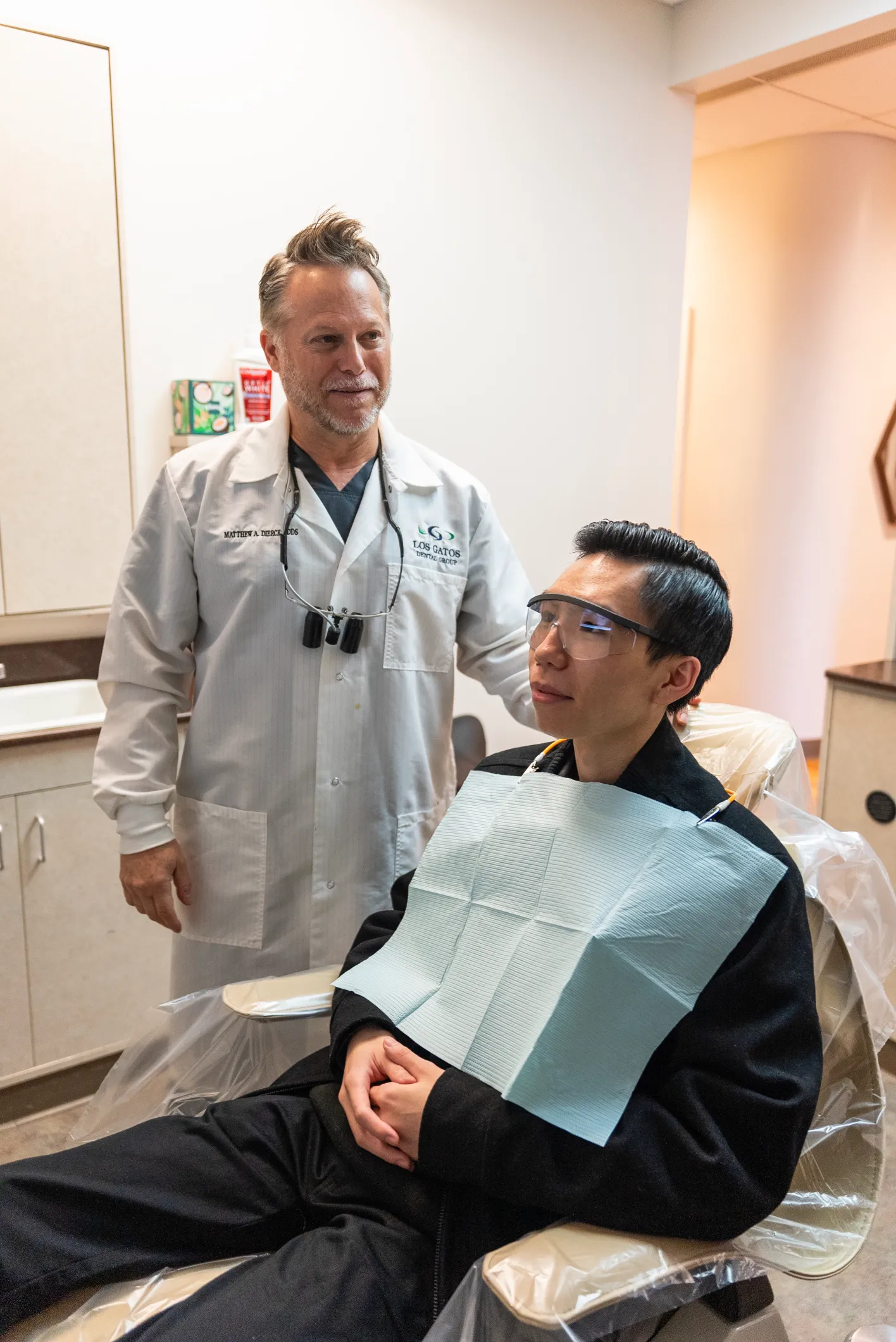
Even if you’re suffering from an advanced form of gum disease, there are still plenty of ways to treat the damage and prevent tooth loss. We offer multiple gum disease treatment options with advanced technology and techniques to keep you smiling for many more years.
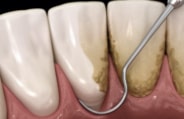
Scaling and Root Planing
If you have gingivitis or periodontitis, you’ll need a particularly thorough cleaning if you want to have the harmful bacteria in your mouth removed. With scaling, we can remove plaque, tartar, and infected tissue from around and beneath the gum line. After that, we’ll use root planing to smooth the roots of the teeth so that bacteria can’t build up as easily on them.

Antibiotic Therapy
Scaling and root planing is often used in conjunction with antibiotic therapy. Even after your mouth has been cleaned, there might still be harmful bacteria left in your mouth. By prescribing antibiotic therapy, we can give you a way to continue fighting these bacteria.
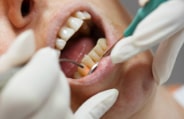
Laser Therapy
While scaling and root planing can be done with traditional dental instruments that you’re used to, using a soft tissue laser to remove infected tissue instead offers several unique benefits. Not only can the procedure be completed in less time, but it also reduces bleeding and speeds up recovery.